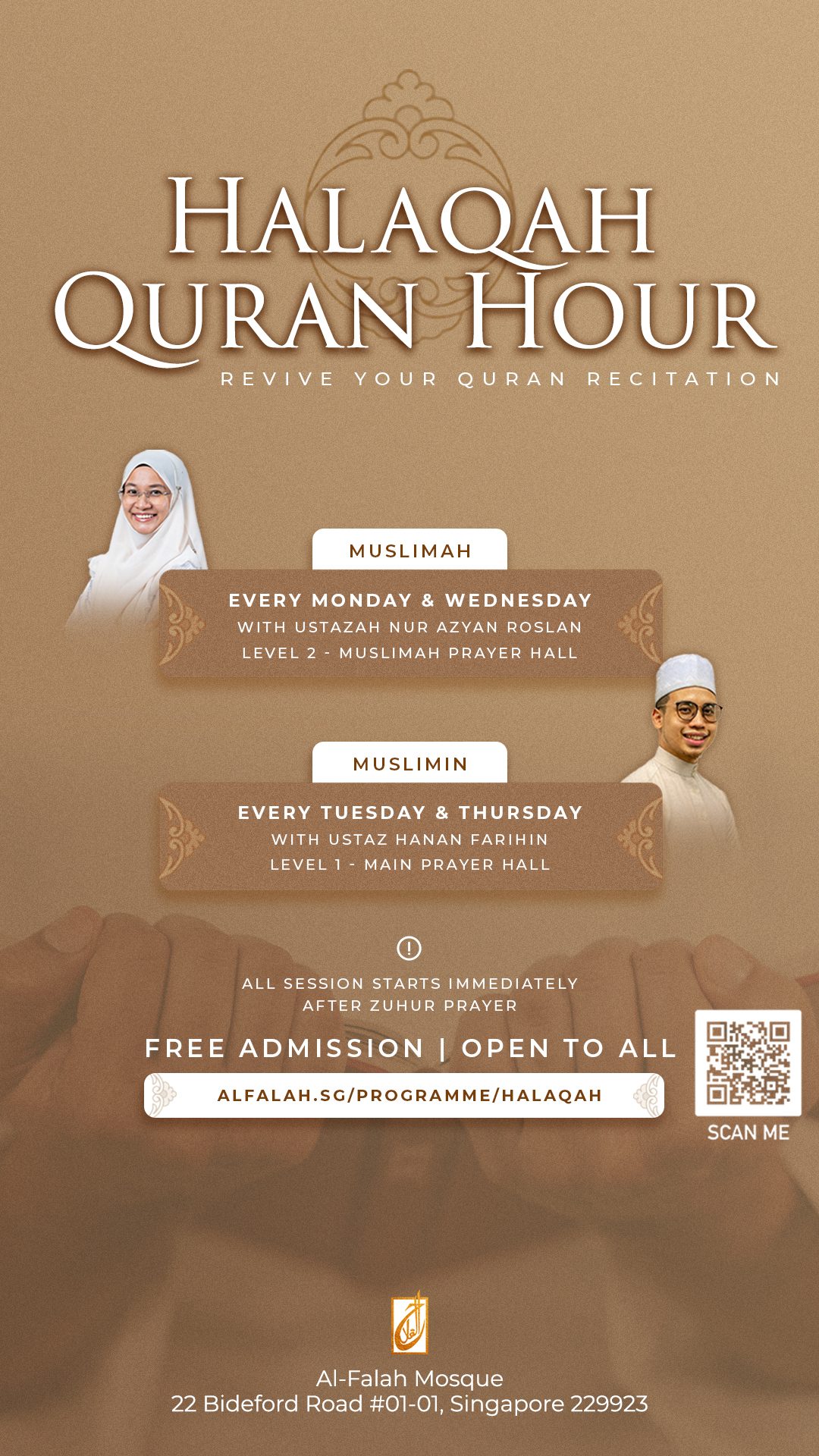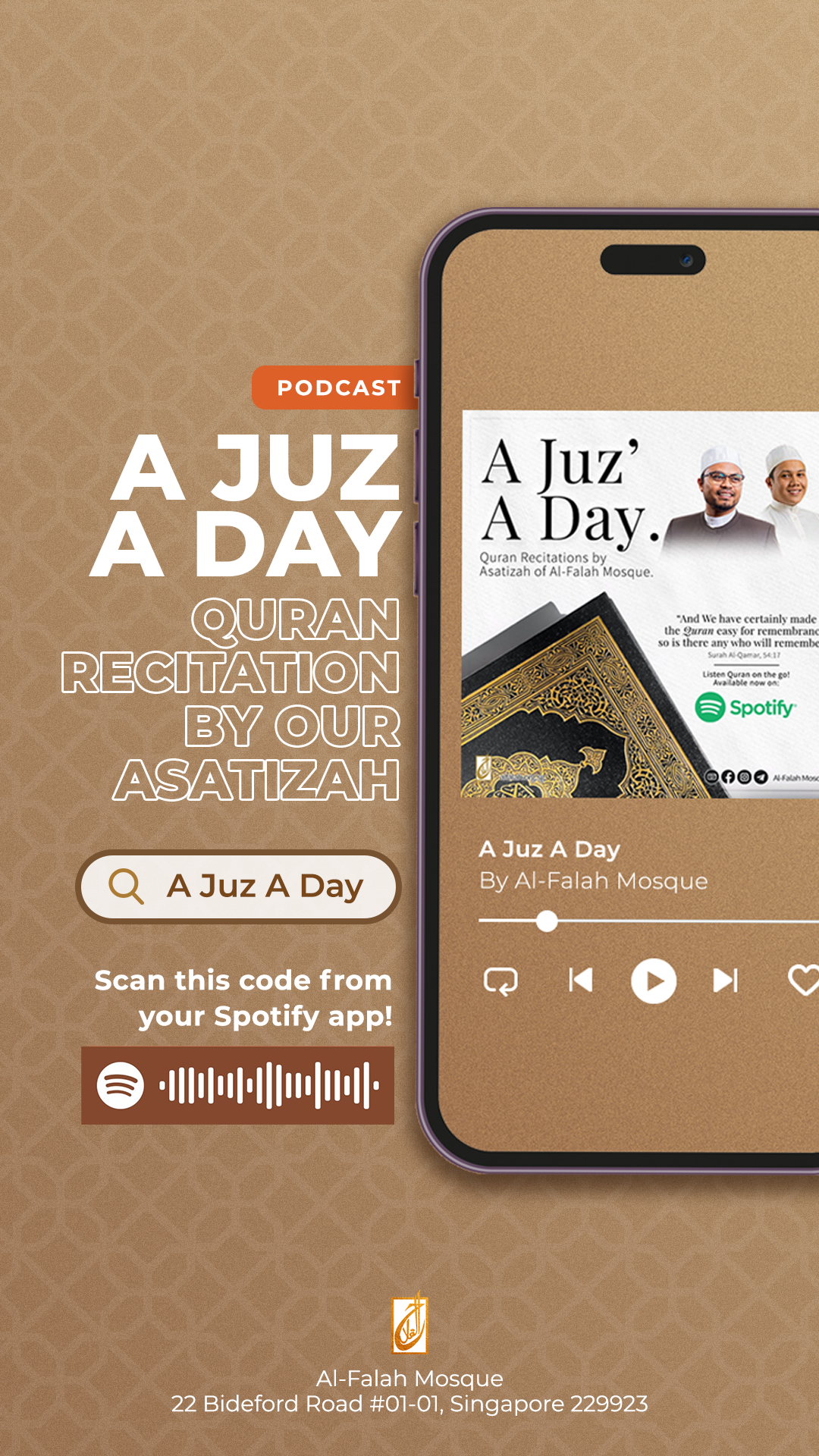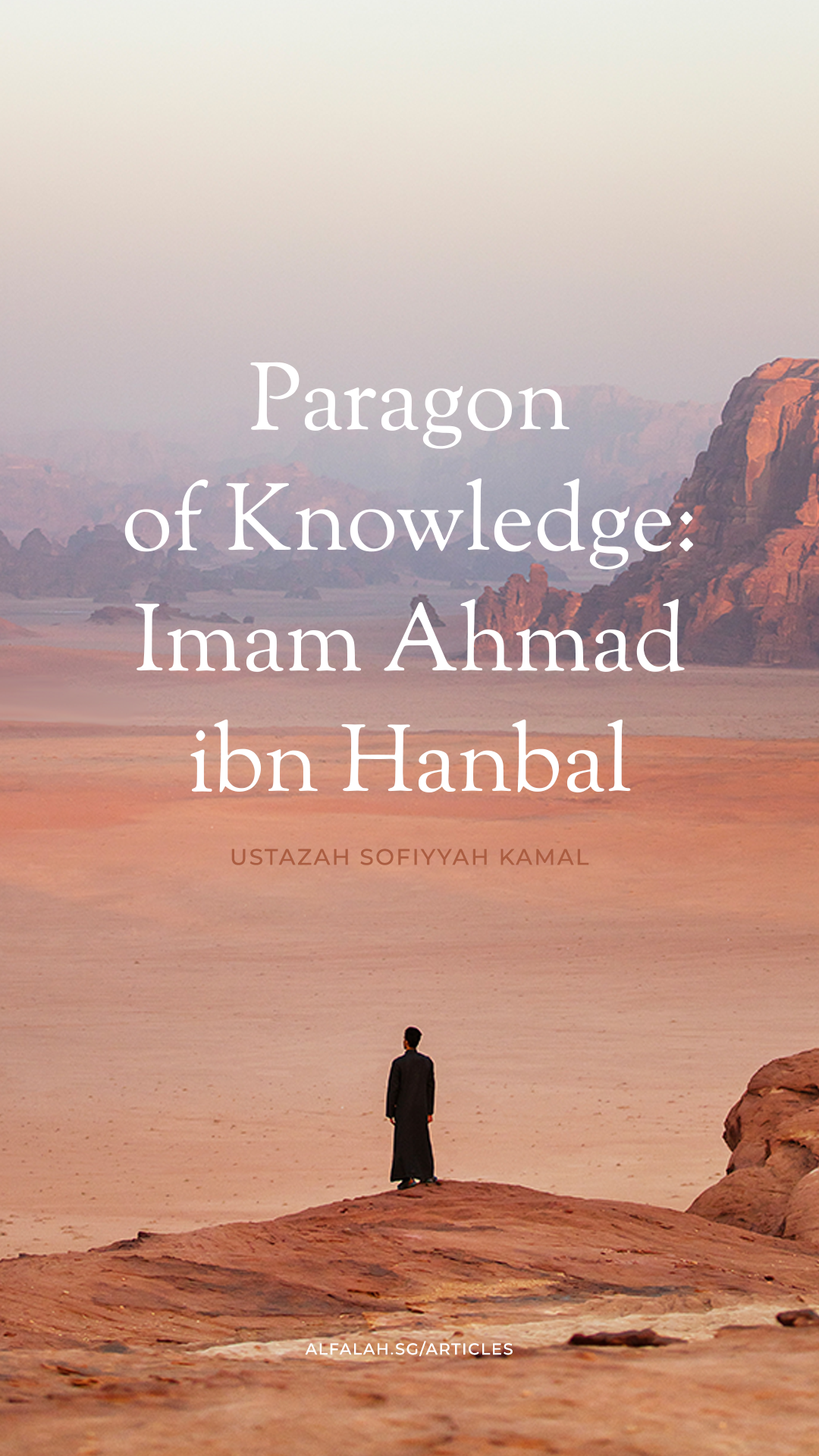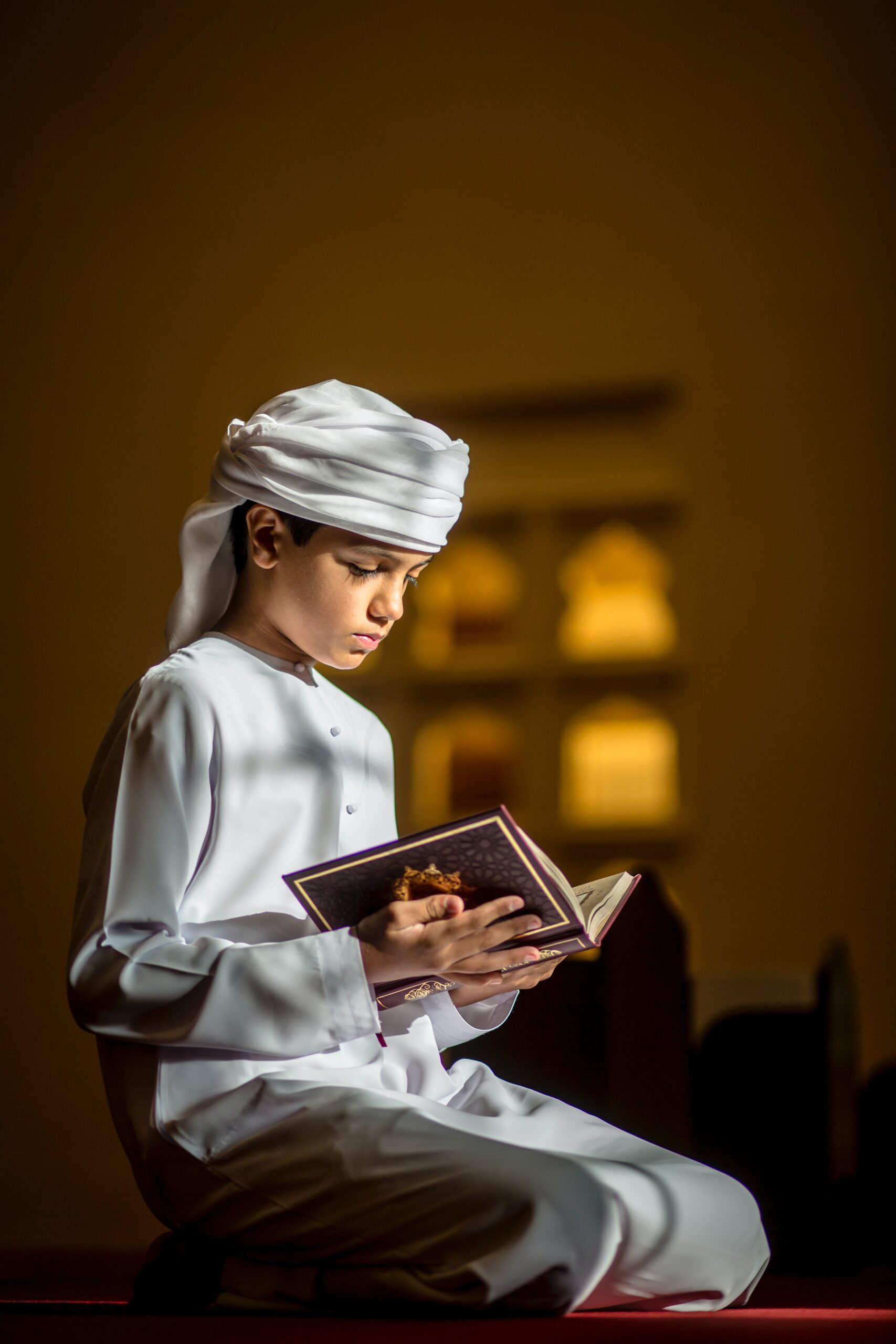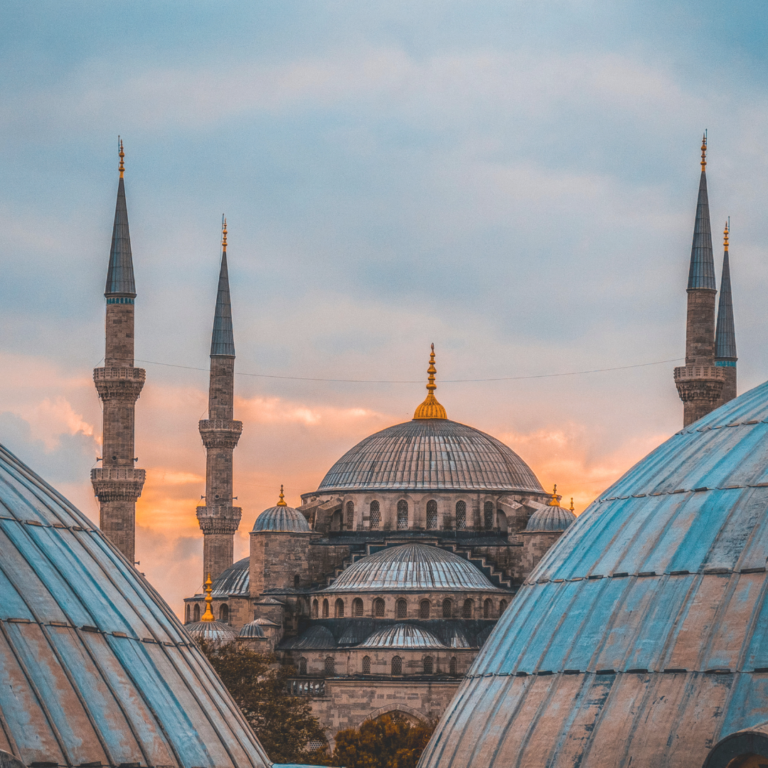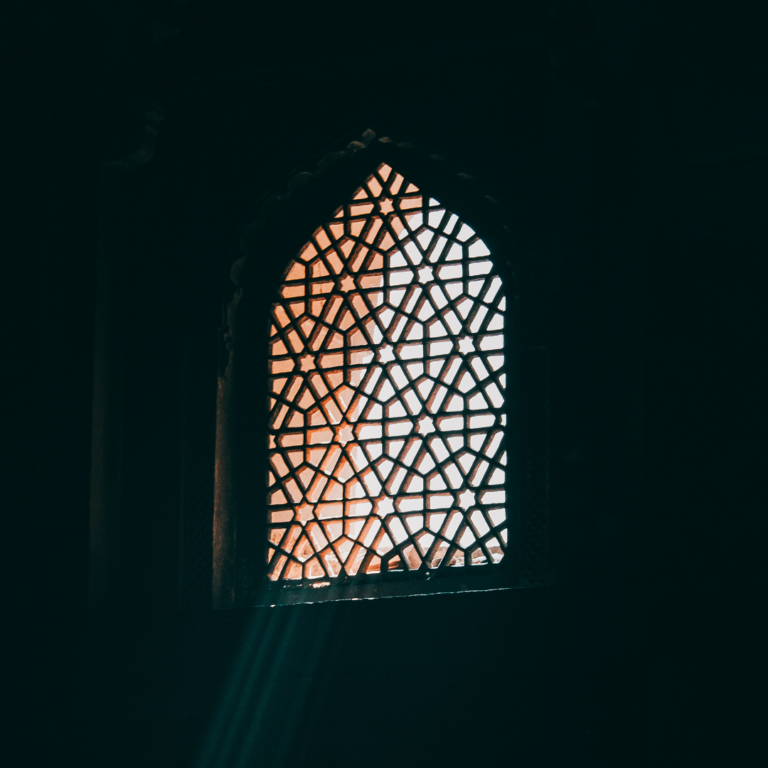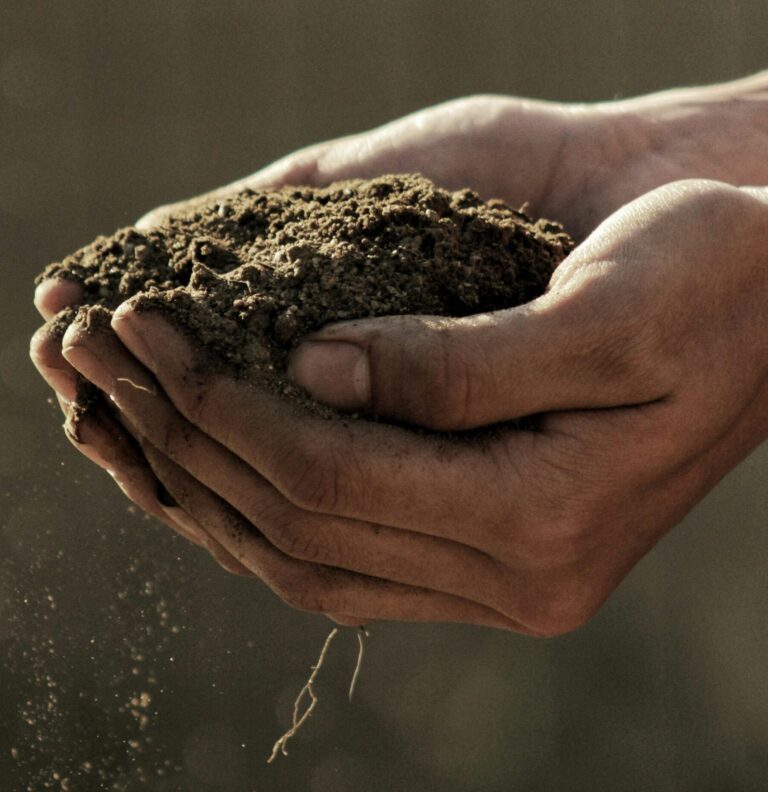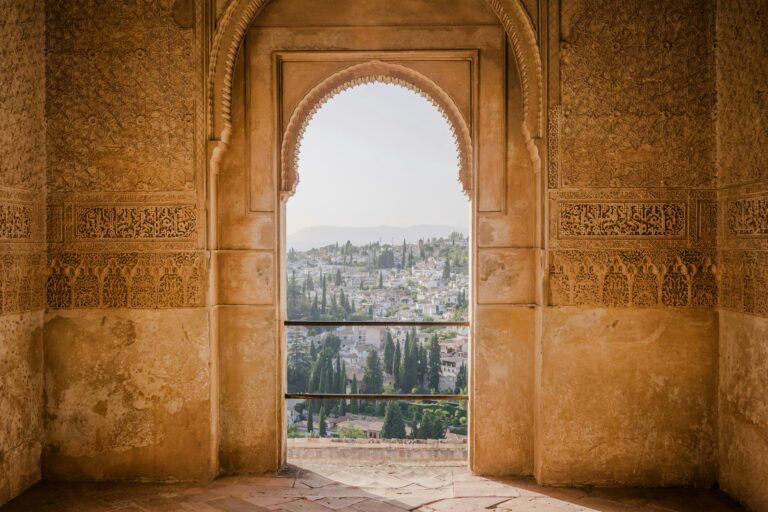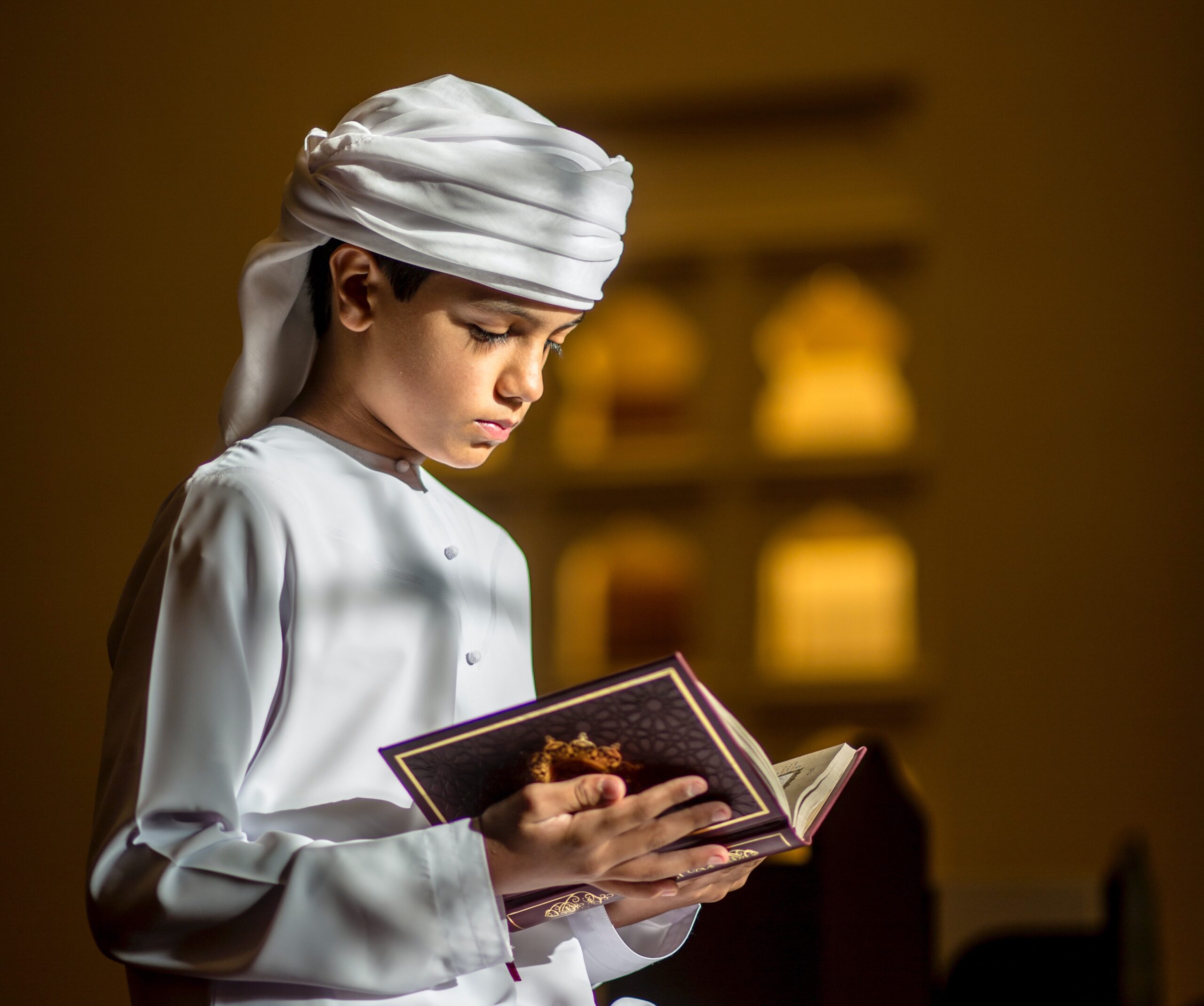Articles
The Rights of Allah & Prophet Muhammad
- BY Ustaz Khairul Zaman Rahmat
- ON
- spirituality, faith, life, barakah
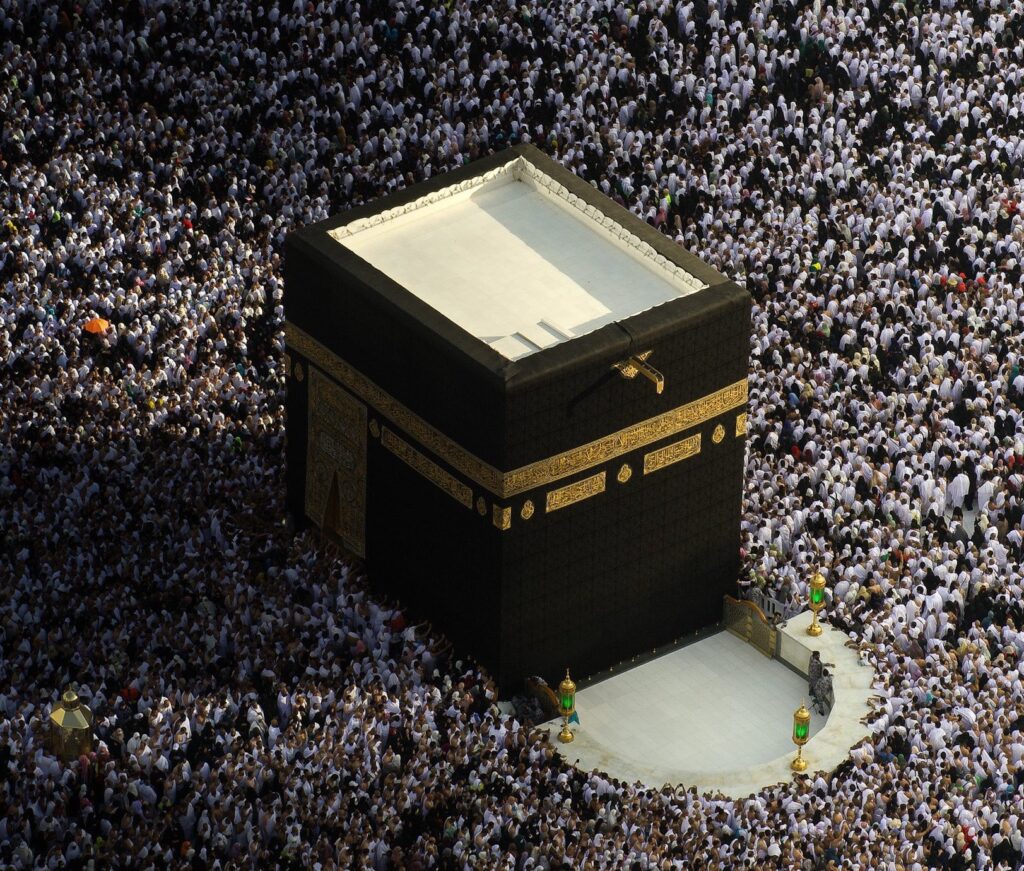
The rights of Allah & Prophet Muhammad – Bismillah, all praises be to Allah, and may He send His salutations and blessings to our beloved Prophet Muhammad peace be upon him.
Every human being has rights given to him so that justice can be upheld. If the individual is someone who is loved and respected, then upholding his rights and fighting for them, is a sign of our love and respect for the individual. As Muslims, it is our duty and responsibility to make sure everyone is given their due rights. This Amanah also extends to Allah and His Messenger, as both of them have rights over every Muslim.
The Ultimate right of Allah s.w.t
What are the rights of Allah that every Muslim should observe? The companion Jabir Radhiallahu Anhu narrates to us:
I was riding a pillion with the Prophet ﷺ on a donkey. He ﷺ said, “O Mu’adh, do you know what is the right of Allah upon His slaves, and what is the Right of His slaves upon Allah?” I said: “Allah and His Messenger know better”. Upon this the Messenger of Allah ﷺ said:
فإن حق الله على العباد أن یعبدوه، ولا یشركوا به شیئاً، وحق العباد على الله أن لا یعذب من لا یشرك به شیئاً
“Allah’s Right upon His servants is that they should worship Him Alone and associate nothing with Him; and His servant’s right upon Him is that He shall not punish those who do not associate a thing with Him.” – Bukhari & Muslim
As we observe from this Hadith, the ultimate right of Allah is that we should believe that none has the right to be worshipped except Him. This ‘Syahadah’ or declaration of testimony is the first pillar in Islam, the key to paradise and the purpose of life of every Muslim. Even though many Muslims declare their faith verbally with this statement, it is only complete if we manifest it in reality through our lives as obedient Muslims.
Declaring that He is the only one worthy of worship, means we deny any affirmation of divinity to anything or anyone. It necessitates the belief that Allah is the sole creator, sustainer and provider of benefit and remover of harm in this reality. This will manifest through our actions by avoiding all forms and practices of Syirik; the act of associating partners with Allah and the belief that something or someone has an exclusive feature that Allah has, and this includes:
- Believing that something or someone has knowledge of the unseen and the future.
- Seeking the help of something or someone with the belief that it has the power to give harm or benefit that is exclusively possible for a Divine being.
- Practices that involve associating partners with Allah like Sihir (Black Magic and believing in horoscopes).
So to fulfil Allah’s rights, one has to be wary of these harmful things, even if someone might do it for the sake of having fun while claiming that he does not subscribe to these beliefs. Justice is to proclaim His oneness in our lives through our words and actions.
Are you grateful?
One of the greatest names of Allah is ‘Al-Mannan’ (المنّان) which means the bestower, whom out of his grace and bounty, had granted all forms of nikmah to us without needing to ask for it and without the need to repay. We are indebted to Allah in everything that we have. No amount of goodness from wealth to health comes to us except that it originates from Allah’s grace and bounty.
The healthy body that we have, the tasty food that we consume, the happy life that we have with our family and loved ones and the guidance that He had provided for us, that we are now Muslims, all of it are either directly bestowed by Allah or facilitated by Him.
It is due to this, that gratitude becomes one of the biggest rights of Allah, that we as a servant should observe.
The Prophet Sulayman a.s. was given power and dominion over humans, animals and Jinns. Yet he showed gratitude and proclaim:
فَتَبَسَّمَ ضَاحِكًۭا مِّن قَوْلِهَا وَقَالَ رَبِّ أَوْزِعْنِىٓ أَنْ أَشْكُرَ نِعْمَتَكَ ٱلَّتِىٓ أَنْعَمْتَ عَلَىَّ وَعَلَىٰ وَٰلِدَىَّ وَأَنْ أَعْمَلَ صَـٰلِحًۭا تَرْضَىٰهُ وَأَدْخِلْنِى بِرَحْمَتِكَ فِى عِبَادِكَ ٱلصَّـٰلِحِينَ
“My Lord! Inspire me to ˹always˺ be thankful for Your favours which You have blessed me and my parents with, and to do good deeds that please you. Admit me, by Your mercy, into ˹the company of˺ Your righteous servants.” Surah An-Naml: 19
This du’a highlights the importance of gratitude and that expressing gratitude can go beyond words through doing more good deeds that pleases Allah. One of the signs of a thankful person is to show gratitude through our actions by doing something to please the person. Allah swt and His generosity is greater than any creation, so as servants of the almighty, we show our gratitude by adhering to the teachings of Islam and strive to increase our devotion to Allah swt by doing more good deeds.
Rights of the Beloved Prophet Muhammad ﷺ
Allah Ta’ala says:
إِنَّآ أَرْسَلْنَـٰكَ شَـٰهِدًۭا وَمُبَشِّرًۭا وَنَذِيرًۭا
لِّتُؤْمِنُوا۟ بِٱللَّهِ وَرَسُولِهِۦ وَتُعَزِّرُوهُ وَتُوَقِّرُوهُ وَتُسَبِّحُوهُ بُكْرَةًۭ وَأَصِيلًا
“Indeed, ˹O Prophet,˺ We have sent you as a witness, a deliverer of good news, and a warner, so that you ˹believers˺ may have faith in Allah and His Messenger, support and honour him, and glorify Allah morning and evening.” Surah Al Fath: 8-9
This verse highlights the mission of our beloved Prophet Muhammad and our duty to support and honour him. What better way to honour ﷺ him than to uphold his rights!
Al Imam Qadhi Iyad states in his book As-Shifa’, four rights of the Prophet ﷺ that every Muslim should uphold and observe:
- To believe that Muhammad ﷺ is the final prophet and messenger of Allah. This entails that a Muslim should accept and believe in everything that the Prophet ﷺ conveyed, even if it apparently does not make sense to our limited minds. This includes believing in matters of the unseen and descriptions of Allah. It also entails that we reject any claim of prophethood and divine revelation after the death of the Prophet ﷺ.
- To love the Prophet ﷺ wholeheartedly. Without a doubt, no one will claim to be a Muslim, except that he loves the Prophet ﷺ in one way or another. But if we claim to love the Prophet ﷺ, then we should strive to get to know him better. To read and be inspired by his life-story and mission; the Seerah. To not limit our knowledge about him, by only knowing his name. How can we claim to love him, if we know about the biography of celebrities and athletes more than our beloved Prophet ﷺ.
- To exalt and uphold his sunnah. It is clear that loving the prophet entails that we practise and apply his sunnah in our daily lives. This can be done by emulating him in every affair, for example: Using the siwak to clean our mouth & teeth, to always start by the right side, to recite du’a in situations where he prescribed us to do so and to exalt his sunnah by sharing it and encouraging others to practise as well.
- Lastly, to constantly send our blessings and Selawat to him. A person who loves the prophet will constantly recite the Selawat in every part of his day and night and especially on Friday. Without a doubt, those who mention whom they love will be closer to the ones they love in akhirah.
Conclusion
These are some of the rights of Allah & his messenger that we should observe and uphold. Some of them are obligatory in nature and detrimental to one’s identity and faith as a Muslim, while others are highly encouraged. If we are constantly making sure people get what they deserve from their rights, then as a Muslim, the rights of Allah & his messenger should be given priority.
Disclaimer
Support Our Dakwah
